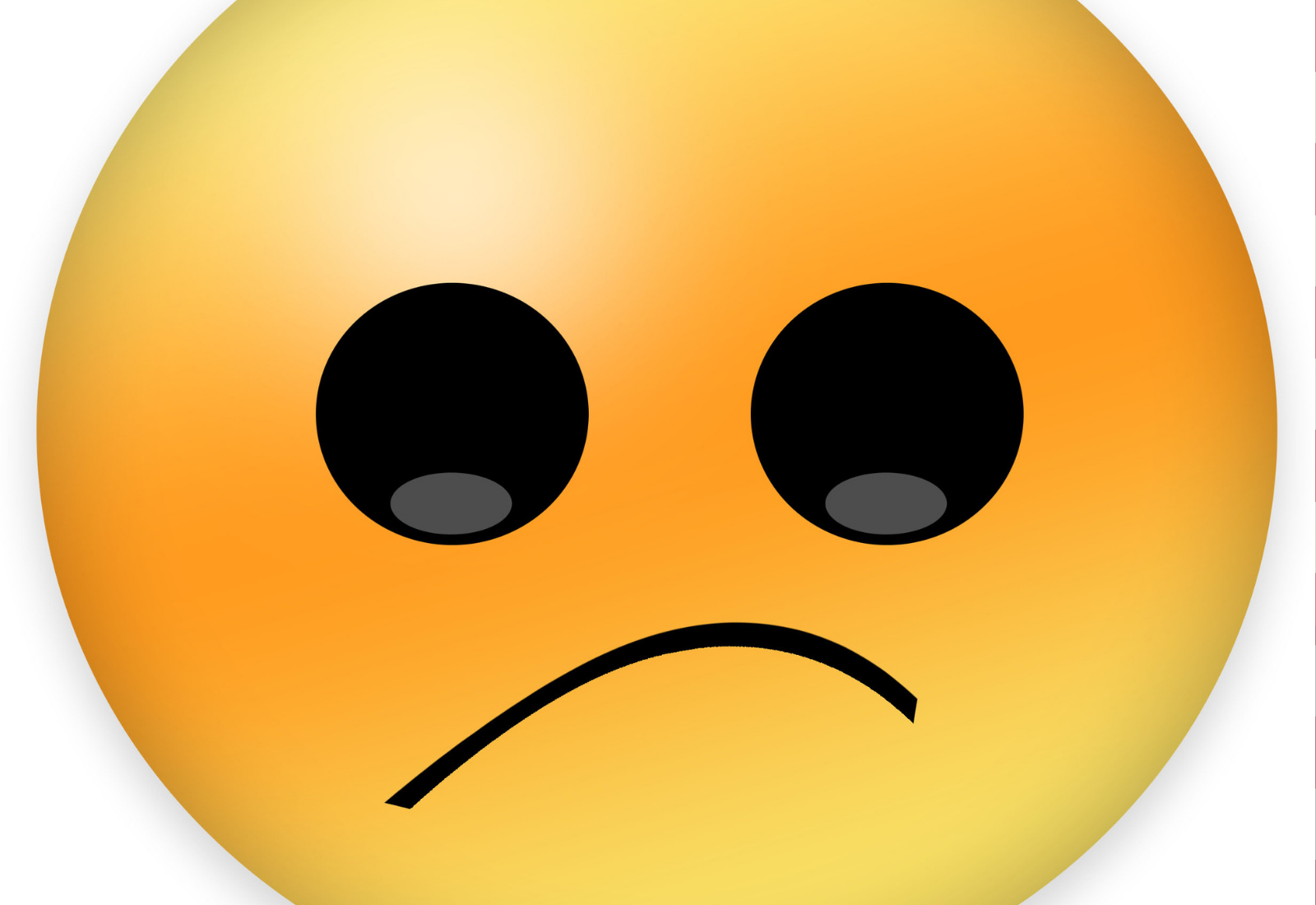
18 Jul Cannabis Copyright Infringement: It’s NOT Nice

Our posts here regularly cover celebrity-backed cannabis companies who are doing things right (and sometimes, doing things wrong), but a recent copyright infringement case proves that not all celebrities are interested in getting involved in the industry – and certainly shouldn’t be presumed to be okay with using their fame to promote it.
Solar Therapeutics Inc., a cannabis dispensary in Massachusetts, caused a billboard to be erected on the side of an interstate highway to advertise its cannabis products. The billboard features a portrait of Mr. Cohen as his “Borat” movie character, with two thumbs up and his signature “It’s Nice!” slogan displayed across the top. The billboard was allegedly up for several weeks but has since been taken down.
After sending a cease and desist letter on behalf of Mr. Cohen and his company Please You Can Touch (who owns all of the infringed-upon Borat copyrights), Mr. Cohen and his company sued Solar and its President/Director personally for willful copyright infringement, false advertising, and violation of the Massachusetts statute against misappropriation of rights of publicity.
(As an aside, personally liability is not something we see often, especially in California, but Massachusetts law provides a corporate officer is personally liable for a tort committed by the corporation if he personally directed, controlled, approved, or ratified the wrongful act.)
The Complaint goes into great detail about why this misappropriation was so damaging – Mr. Cohen has been very selective in which issues he publicly gets involved in; he has never been involved in advertising ANY commercial products or services; and he has never used cannabis in his life. Despite this, the Complaint alleges, Solar knowingly misappropriated his image to increase its sales revenues (estimated to be approximately $26 million per year) and “took a gamble” on Mr. Cohen never learning about their infringing billboard.
The claim for damages is staggering: at least $9 million. This is made up market value compensation, statutory treble damages, punitive damages, and attorneys’ fees. And unfortunately for Solar, Mr. Cohen and his company are actually entitled to all of this. Under their copyright infringement claims (of twelve copyrights no less), Section 504(b) of the Copyright Act provides for an award of actual damages, disgorgement of a defendant’s profits arising from the infringing acts, its reasonable attorneys’ fees, and costs of suit.
The measure of misappropriation damages is calculated by the “market price” – the amount of money the defendant would have had to pay for the same or similar celebrity (of stature and success) if that celebrity would have been willing to allow the use. Furthermore, because Solar not only misappropriated Mr. Cohen’s image but also his image as the copyright-protected character, Borat, the calculation necessarily also includes damages owed to the character copyright owner. That figure is typically the same amount (at a minimum) that it would be required to pay the celebrity. So here, Solar is looking at double damages for the same image. Citing instances involving Kim Kardashian and Michael Jordan, as well as past advertisement offers to Mr. Cohen himself, the Complaint alleges this combined damages figure is easily in the millions of dollars.
As copyright infringement cases tend to be, this should be another lesson in the importance of vetting and signing off on all those marketing efforts that seem to get many companies in a lot of trouble. We’ll follow along and see what Solar has to say, but this one looks like a pretty clear example of what not to do.


Sorry, the comment form is closed at this time.